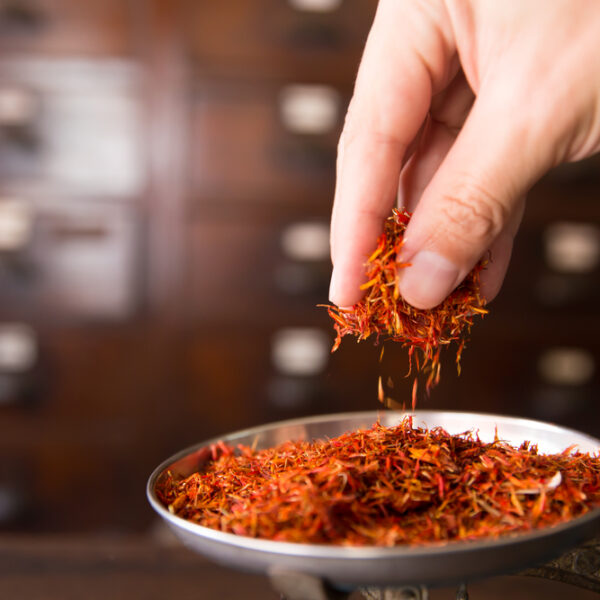
Causes, Symptoms, and Treatments for Schizophrenia
A severe mental disorder, schizophrenia impacts how an individual thinks, reacts to emotions, and perceives reality. It results in a variety of symptoms including delusions, hallucinations, and paranoia that can cause the patient to isolate themselves from the rest of the world. At present, roughly 1% of the total population suffer from this mental disorder.
Read More 







